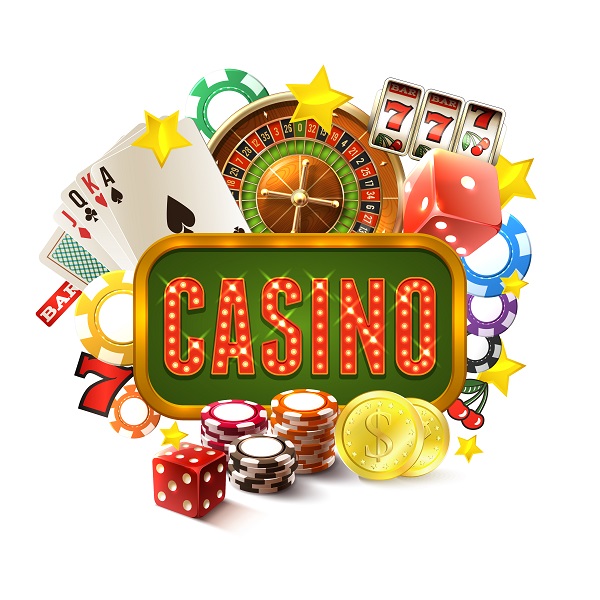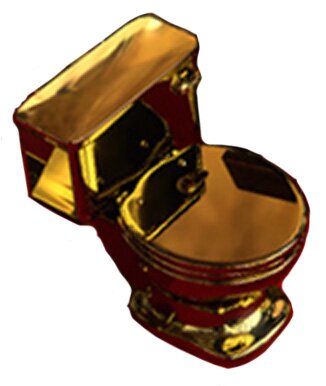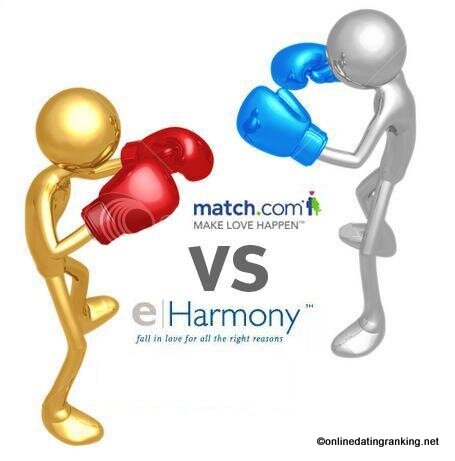
When engaging in casino games, understanding the concept of house edge is crucial to comprehend why the odds may not seem in your favor. The house edge represents the statistical advantage that the casino has over players, ensuring they have higher chances of winning in the long run.When engaging in casino games, understanding the concept of house edge is crucial to comprehend why the odds may not seem in your favor. The house edge represents the Pavilion88 statistical advantage that the casino has over players, ensuring they have higher chances of winning in the long run.
By grasping this mathematical principle, players can make more informed decisions regarding their bets. This knowledge empowers players to approach games with a strategic mindset, potentially impacting their gameplay outcomes.
Understanding the house edge can provide insights into how to navigate casino games more effectively and make calculated decisions to enhance the overall gaming experience.
What Is House Edge?
Understanding the concept of house edge in casino games is essential for grasping how casinos secure their profits. House edge denotes the statistical advantage held by a casino over players in a specific game, representing the expected percentage of each bet that the casino will win over time.
For instance, if a game carries a 5% house edge, the casino foresees earning $5 for every $100 wagered by players. This inherent advantage guarantees a steady revenue stream for casinos.
Familiarity with house edge is crucial for players as it enables them to make informed choices about which games to engage in, taking into account the odds and potential outcomes. Ultimately, awareness of house edge can shape one’s gaming strategy and decision-making process in the realm of casino gambling.
Importance of House Edge
Understanding the house edge in casino games is crucial for players seeking to optimize their gaming outcomes. The house edge directly influences the odds of winning and the overall profitability of a game. It acts as a consistent advantage for the casino, ensuring their profitability in the long term.
Being informed about the house edge empowers players to make strategic choices in selecting games. Games with lower house edges offer improved winning probabilities, while those with higher house edges favor the casino. Knowledge of the house edge enables better bankroll management and helps in selecting games that align with individual risk preferences and gambling objectives.
Calculating House Edge
Calculating the house edge in a casino game involves comparing the probability of winning with the payout odds offered by the casino. This calculation helps determine the average profit the casino can expect to make from each bet over time. The house edge is typically expressed as a percentage, indicating the casino’s advantage.
To calculate the house edge, subtract the winning odds from the casino’s payout odds, then multiply the result by 100. Understanding the house edge helps players make informed decisions on which games to play based on their risk tolerance.
Impact on Casino Games
Understanding the house edge is fundamental for both players and casinos as it directly impacts the financial outcomes and fairness of casino games. The house edge determines the expected loss for players over time while engaging in a specific game. Players can use this knowledge to set realistic expectations and make informed choices on which games to participate in.
Casinos rely on the house edge to secure their profitability in the long run, enabling them to offer a diverse range of games while ensuring a profit margin. Games with higher house edges typically generate more revenue for the casino, whereas games with lower house edges may attract players seeking better odds.
Ultimately, the house edge significantly shapes the gaming experience for both players and casinos.
House Edge Vs. RTP
The concept of house edge often sparks discussions about Return to Player (RTP) percentages in casino games. The house edge represents the mathematical advantage the casino holds over players in the long term, while the RTP indicates the proportion of all money wagered on a game that will be returned to players over time.
In essence, the house edge and RTP are complementary metrics, with the house edge favoring the casino and the RTP benefiting players. Understanding the interplay between these two factors can assist in making informed decisions regarding game selection and optimizing the potential for winning in the casino.
Strategies to Counter House Edge
Strategic approaches can help mitigate the impact of the house edge in casino games, potentially improving your chances of winning. Opting for games with lower house edges like blackjack or video poker rather than higher-edge games such as slots or keno is a prudent choice.
Betting strategies like Martingale or Paroli can be utilized to manage bets and potentially enhance winnings. Setting limits on your play and knowing when to stop can prevent substantial losses.
Taking advantage of bonuses and promotions can add value and offset the house edge. By employing these strategies thoughtfully, players can enhance their overall gaming experience.
Popular Casino Games and House Edge
When choosing which casino games to play, it’s essential to consider the house edge, as it influences your odds of winning. Some popular casino games with relatively lower house edges include blackjack, which can have a house edge as low as 0.5% when played with optimal strategy, and baccarat, where the house edge is approximately 1.06% on the banker bet.
Conversely, games like slot machines and keno typically have higher house edges, ranging from 2% to 25% or more. Roulette falls in between, with a house edge of around 2.7% on European wheels and 5.26% on American wheels. Understanding the house edge of various games is important for making informed decisions and potentially enhancing your overall gaming experience.
House Edge in Online Casinos
Understanding the concept of house edge is essential when engaging in online casino gaming. Online casinos typically have lower operational costs than traditional brick-and-mortar establishments, allowing them to offer a diverse selection of games with varying house edges. These platforms commonly display the house edge for each game, empowering players to make informed decisions when placing their bets.
Moreover, online casinos frequently feature bonuses and promotions that can help offset the house edge or add extra value to gameplay. Conducting thorough research and comparing different online casinos is crucial to identify those offering favorable house edge percentages and bonus opportunities, thereby enhancing the overall gaming experience.
Responsible Gambling and House Edge
Understanding responsible gambling is essential when considering the house edge in casino games. Responsible gambling entails establishing limits, managing your bankroll sensibly, and recognizing when to quit. By adhering to responsible gambling practices, you can better regulate the impact of the house edge on your overall gaming experience.
The house edge represents the statistical advantage that casinos hold over players, ensuring profitability in the long run. While the house edge is a fixed aspect of casino games, responsible gambling can help lessen its influence and encourage a more balanced approach to gaming.
Conclusion
Now that you understand the house edge in casino games, you can make smarter choices when gambling. By knowing the statistical advantage the casino has, you can select games that align with your risk tolerance and increase your chances of winning. Remember to use strategies to counter the house edge and always practice responsible gambling. With this knowledge, you can have a more enjoyable and successful gaming experience. Good luck!










